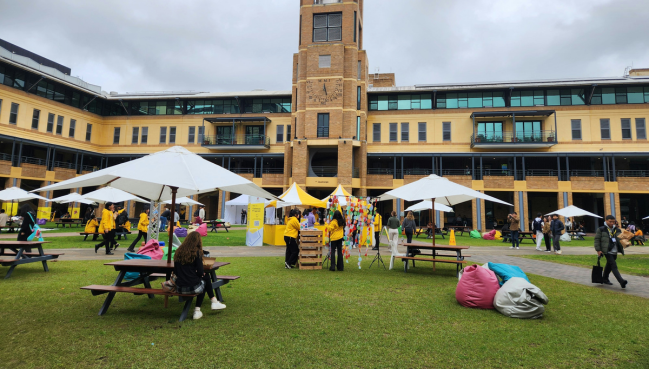A complete guide about Domestic Violence (Family Violence) for International Students
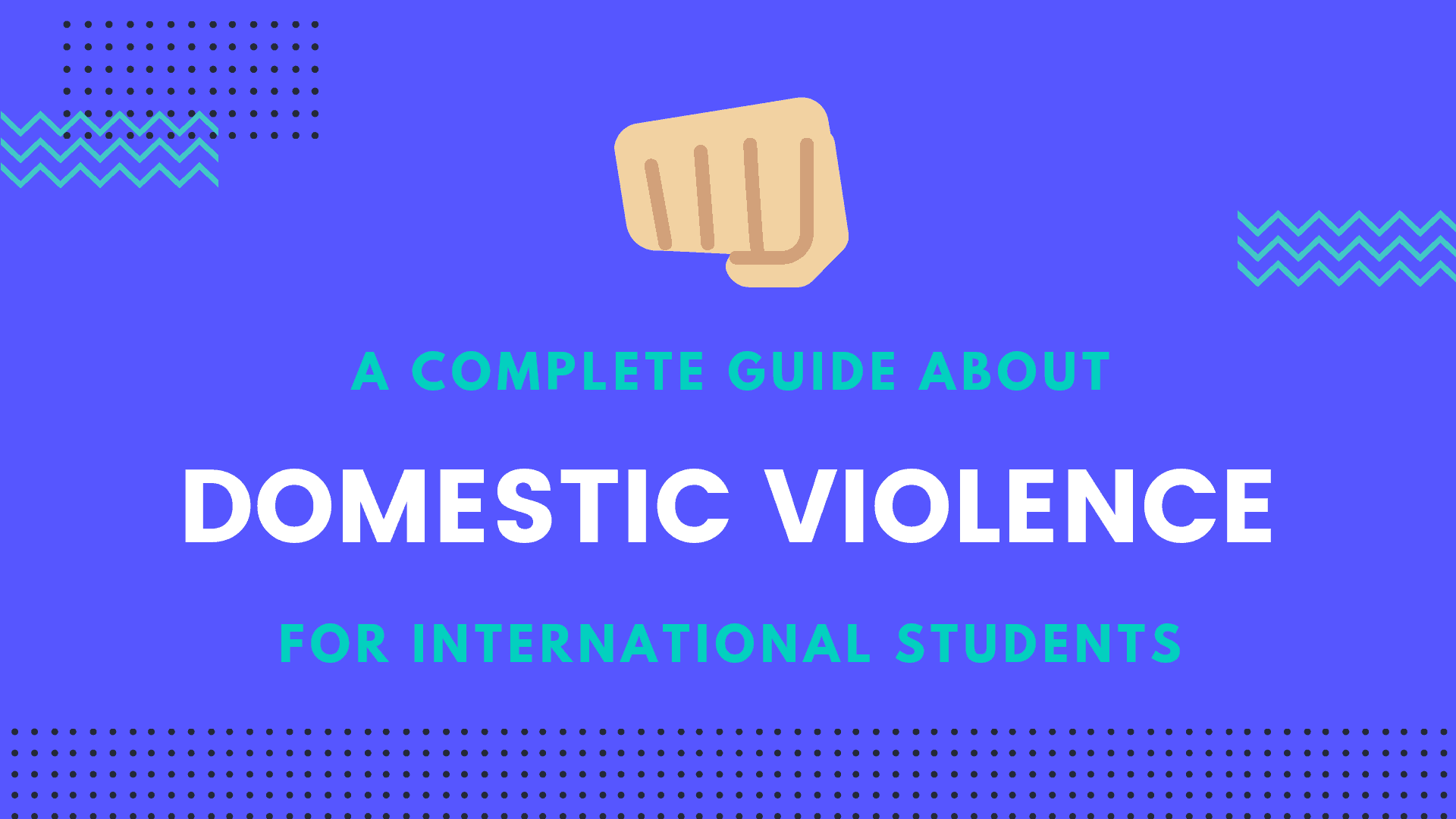
Respect is a very important part of any relationship and especially being respectful towards your partner, a spouse is an utmost requirement for any relationship to succeed. Unfortunately, there are many instances, where not only respect is not given to an immediate partner or spouse but also there is a violent behaviour toward the partner as well.
Before we get into more details about Domestic Violence, let’s have a look at why it is important to know about Domestic Violence in Australia. Some key statistics from AustralianGovernment about Domestic Violence are below:
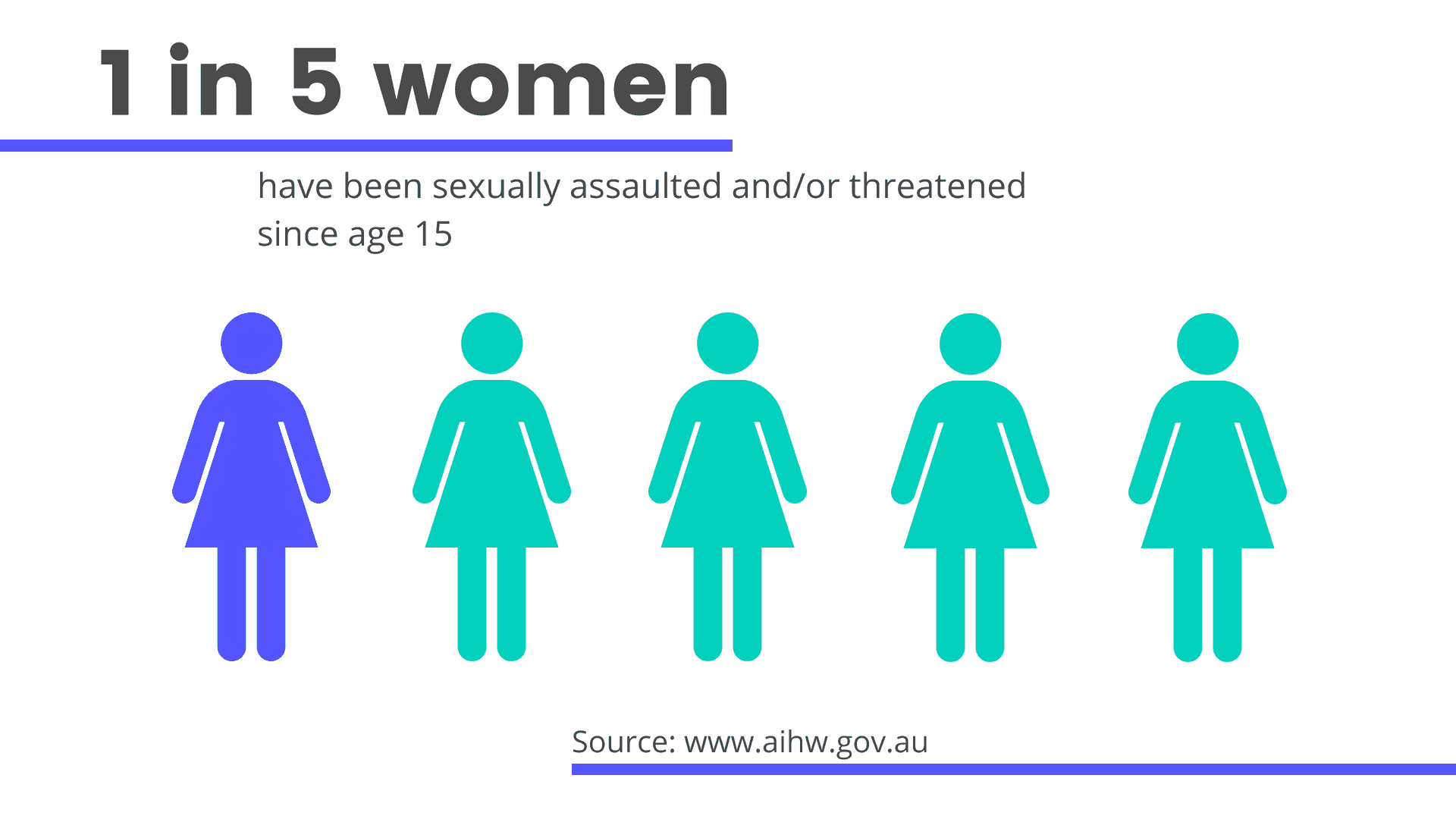
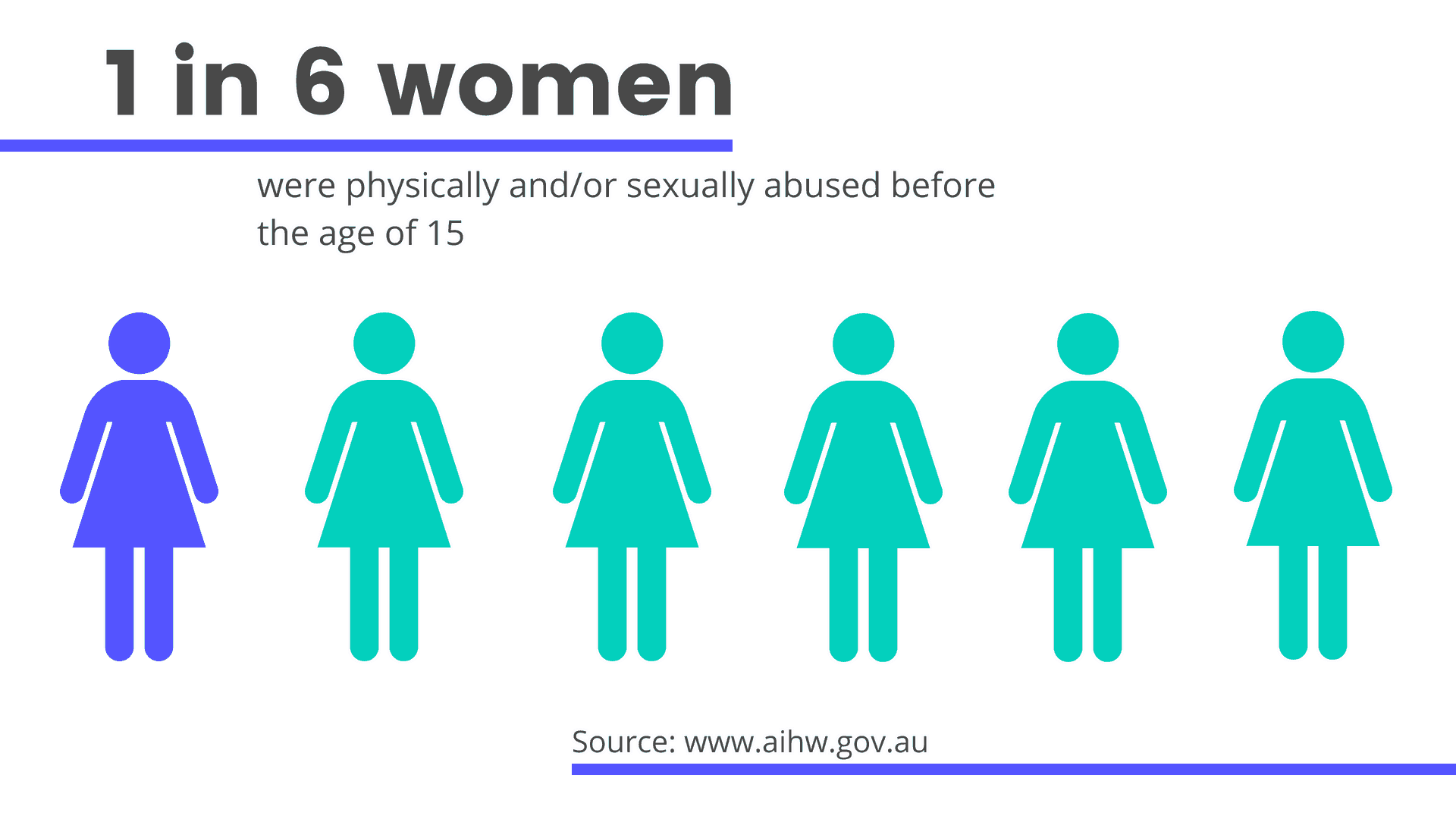
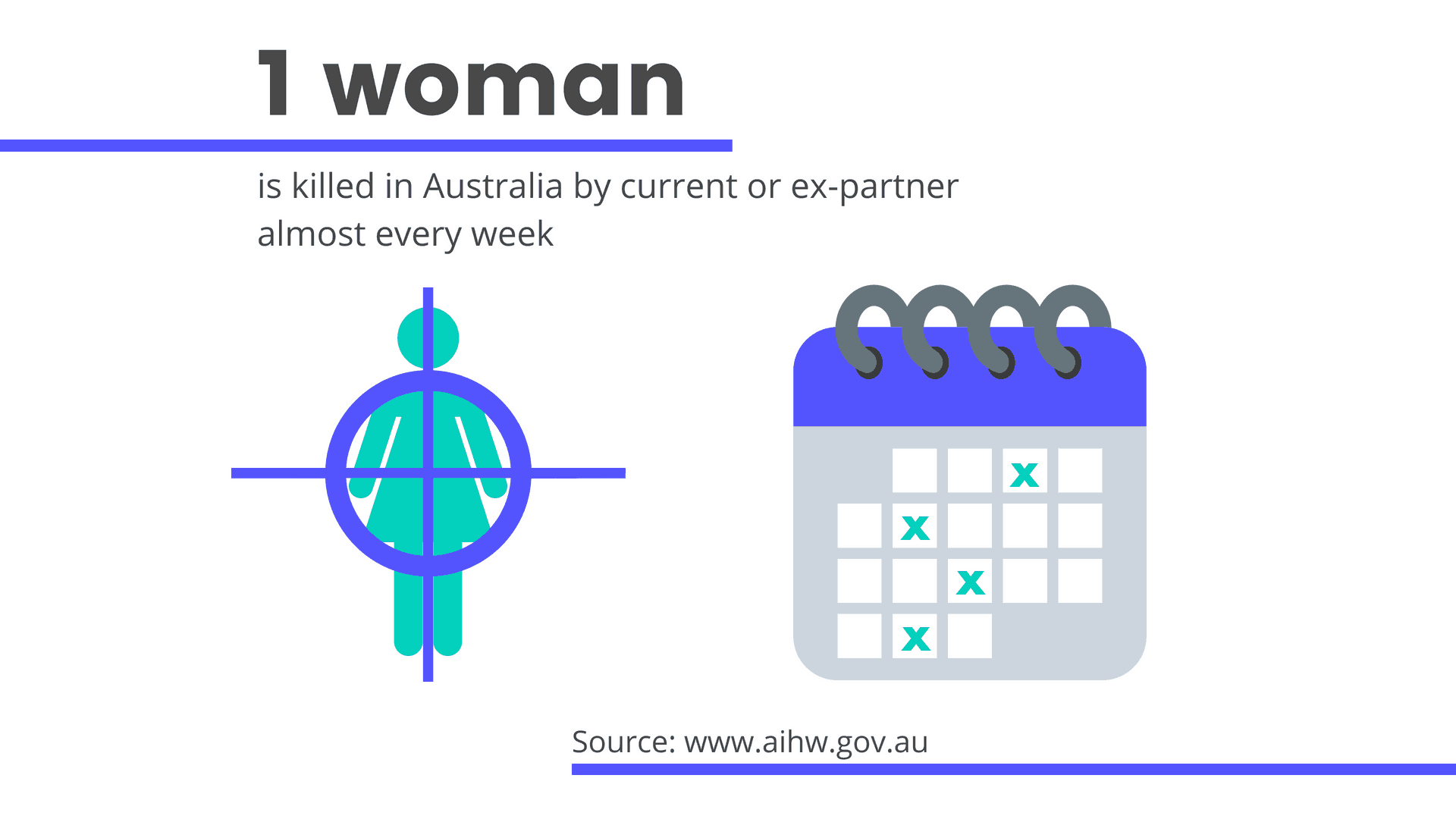
We have decided to put together this guide about a key issue (Domestic Violence) in our community that many international students may not be aware of or would like to know more about. As things are done differently than your home country in Australia, there is a possibility that Domestic and Family Violence definitions may also differ in Australia than your home country. Also, there may be a different set of laws, rules that are applicable in Australia if there is a domestic and family violence reported.
If you are the victim or the offender of the Domestic Violence as an International student in Australia or maybe you know someone who is experiencing domestic violence in their relationship, this detailed guide will certainly help in understanding the situation better.
To understand and uncover this burning issue, let’s start by understanding what Domestic Violence and Family Violence means.
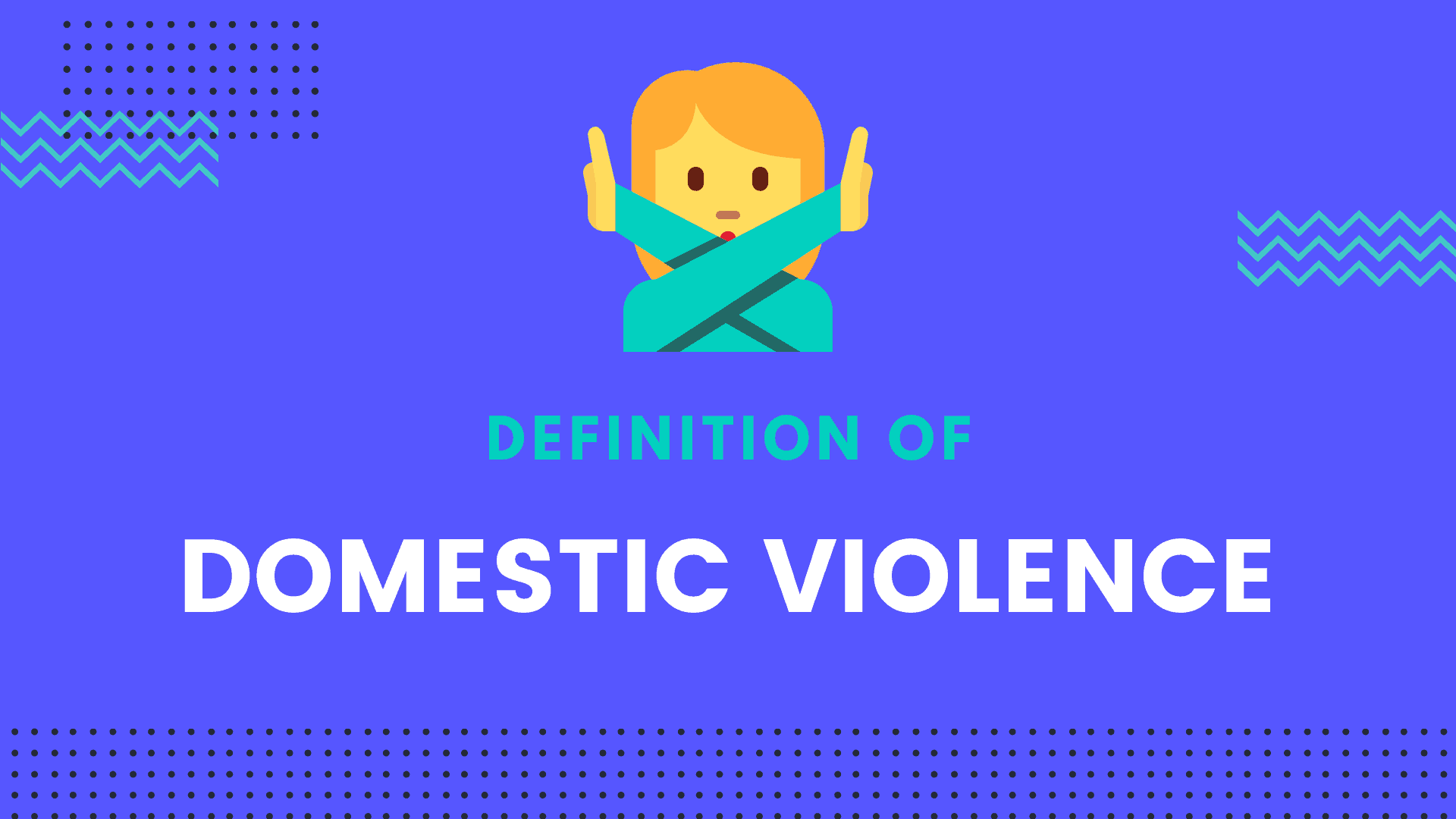
Domestic violence is an act of violence, abuse and intimidation between people in a relationship. In some states and territories, Domestic Violence is also known as Family Violence and Domestic Abuse. The perpetrator or abuser use the control and power to dominate the victim. This causes fear, physical harm and/or psychological harm.
A victim is someone against whom the violence was committed.
Perpetrator or Abuser is someone who has committed the violence in the relationship
Is it only men who commit the domestic violence?
While any Domestic Violence is not acceptable in our society, more likely than not it is the Men who have perpetrated the violence against women or other men. Around 95% of the Domestic Violence cases registered in Australia have reported male offenders.
We are not saying that only Men commit Domestic Violence, there are statistics that women commit Domestic Violence as well. Both of them are wrong and no one deserves to be a victim of domestic violence.
We do believe that there is a threat to men also when it comes to domestic violence. Here are some of the statistics about the domestic violence against the men:


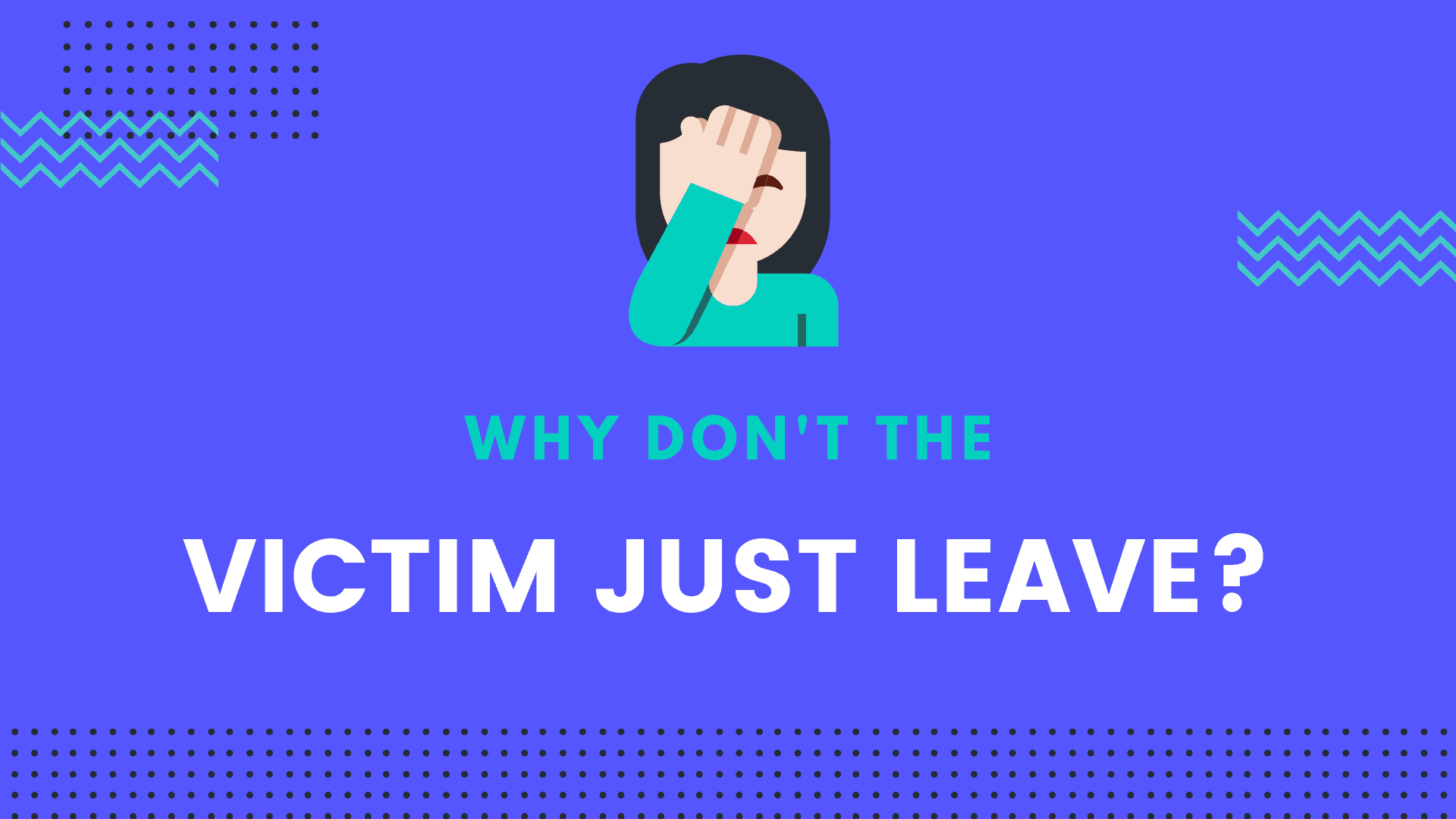
Sounds easier than done, there are many factors why the victim doesn’t leave the troubled relationship. Some of the reasons may include:
- Fear of the perpetrator – Many times, victim is so frightened by the acts of the perpetrator that leaving relationship might seem like not an option. Either by the acts or verbally, perpetrator enforce things like if the victim leaves then they will be hurt badly or be killed.
- Fear of the visa – One of the common fears among the International students in Australia is fear of visa cancellations. Lots of the possible victims who are international students never report the violence due to the fact that their visa and their partner’s visa are reliant on each other and reporting violence might jeopardise that.
- Shame – Some victims are too ashamed to report the violent acts of the partner and in those cases, the domestic violence never gets reported.
- Relying Financially on the perpetrator – Some victims do not leave the relationship as they rely on the abuser financially to support their living.
- Hope for change – Sometimes, victims are under the impression that things will get better and hope that the behaviour of the perpetrator will change over time.
Is Domestic Violence considered as crime in Australia?
Yes, Domestic Violence is a crime in Australia and the offenders will be prosecuted as per the Australian laws. It is Australian Police’s duty to protect the victim, charge the offender and making our community feel safer. Australian Police will help you regardless of your visa status, so even if you are an international student in Australia, you can call 000 for yourself and/or your children if you believe the violence is committed against you.
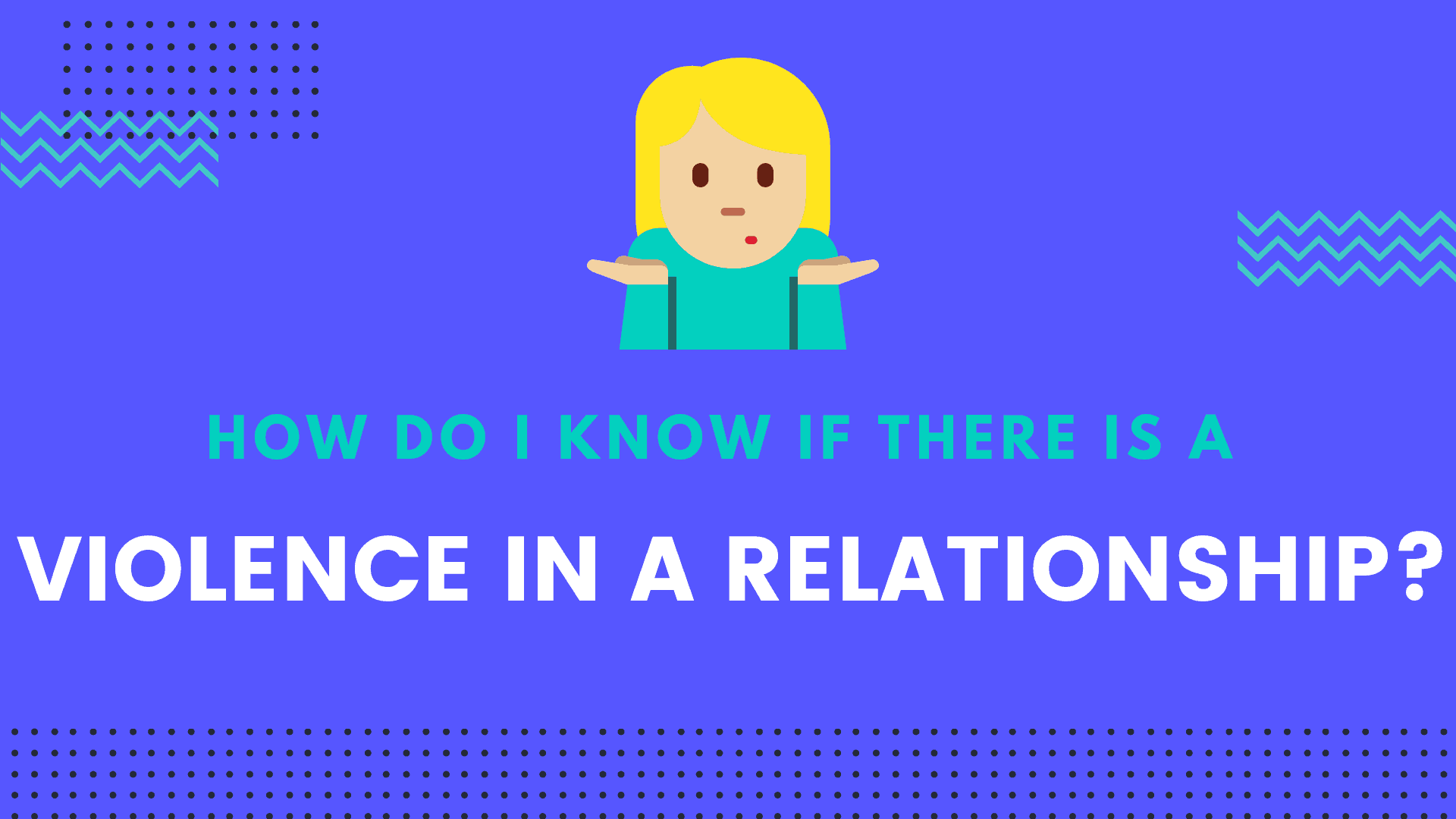
There are some typical signs that you should be noting that are considered as a violence or control in a relationship. Here are some typical examples:
- Your partner or spouse is physically harming or threatening to hurt or kill you
- Your partner or spouse does not allow to speak to your family and friends
- You are not allowed to wear clothes of your choice
- You are not allowed to spend money without approval from your partner
- Checking your phone, text messages and calls
- Ignoring you or refusing to talk
Here is the Power and Control wheel that demonstrates how relationships can be physically and sexually abusive using Power and Control as a base.

Photo: Whiteribbon.org.au
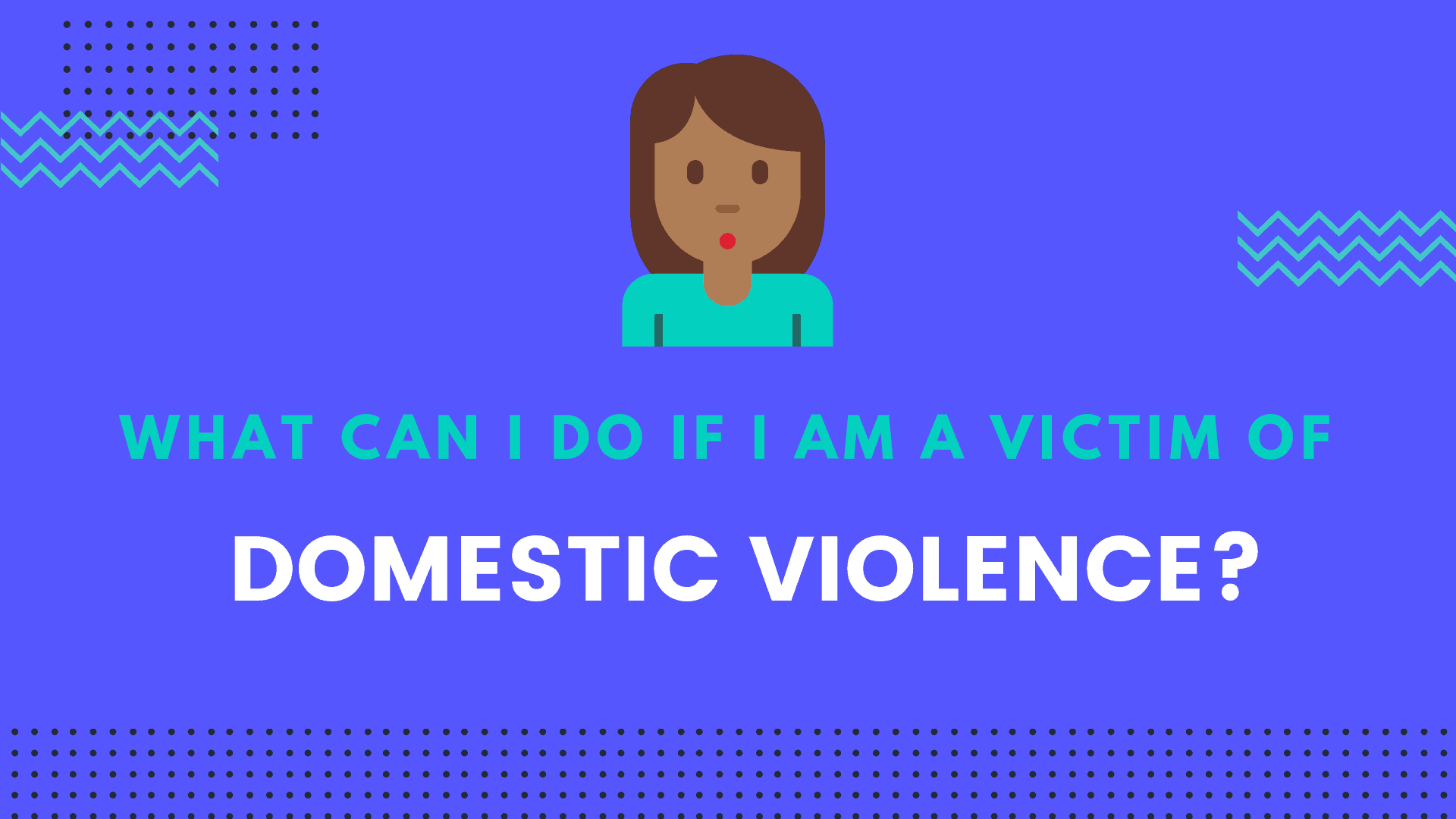
If you are the victim of the Domestic Violence and are in an immediate danger then you should contact the Police by calling 000. Police take domestic violence very seriously and will immediately take an action on your call.
Apart from Police, you can seek help from your university or institute. Every institute, college and university provide student support services. They can guide and help you with your situation as well.
You can call 1800 Respect (1800 737 732) is a national 24-hour line for counselling for domestic/family violence abuse. You can speak to the counsellor and get some advice from them.
If you are working in Australia, then you can also speak to your employer about the violence issues at home. Your employer can help you get in touch with the right services or guide you on the steps you need to take in case of domestic violence.
You can also contact other support services in your area or state. We have listed some of the common support services that you might use for reference.
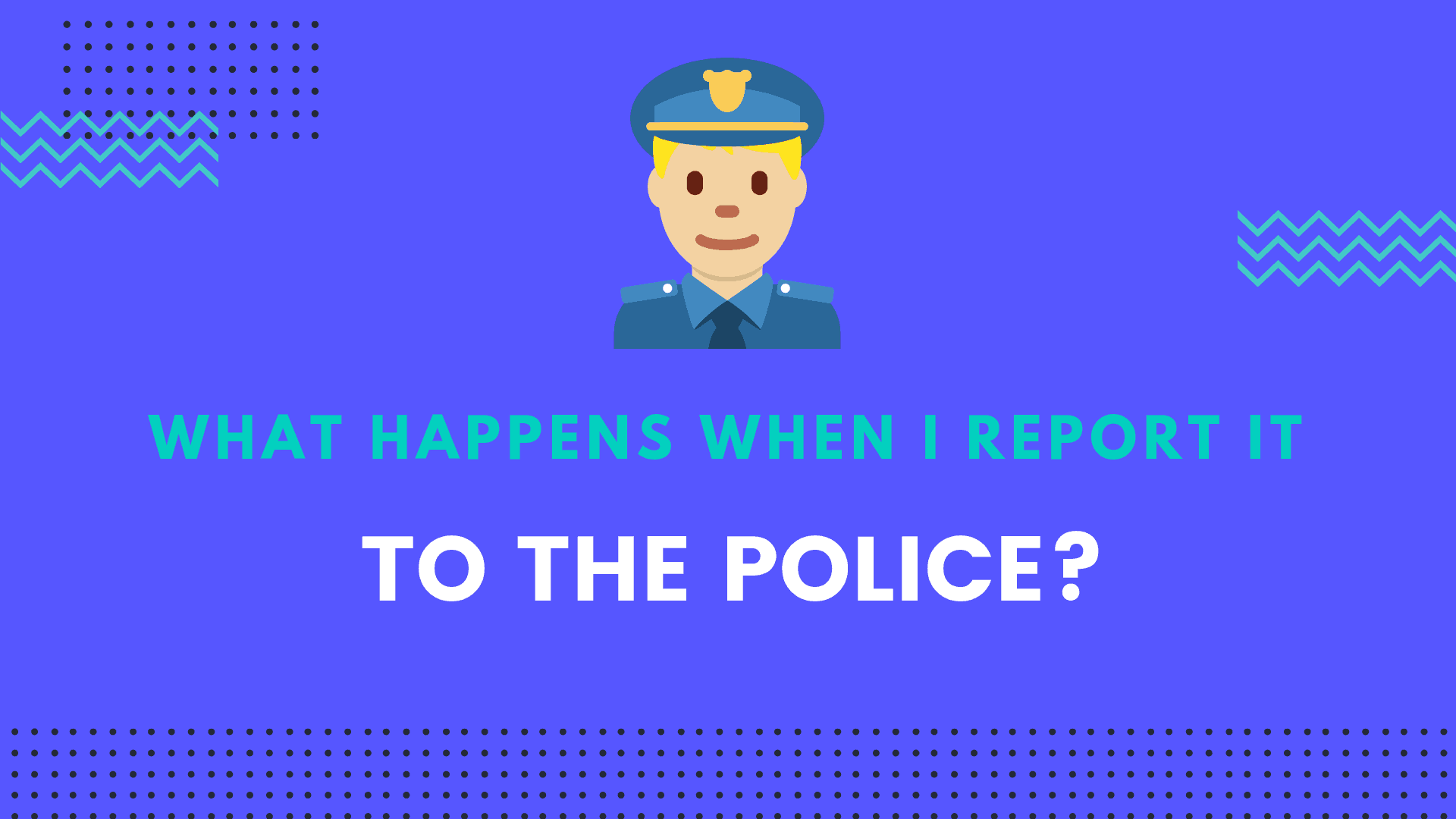
As soon as the family violence is reported to 000, Police will arrive at the incident within a few minutes and will ask few questions about the safety of everyone and if someone requires immediate medical attention.
They will also interview both the victim and the perpetrator, usually separately and asking for more information about the current and the past violence. After listening to both sides, police will make an assessment of the risk and will proceed accordingly.
If they believe that the crime has been committed, then they will investigate and charge the offender. As the prosecution and investigations may take time, Police will ensure to provide a safe place for the victim and may issue a civil order to restrain any such behaviour while investigations are going on.
If the matter goes to the court, then you may need to be present there on the hearing day,
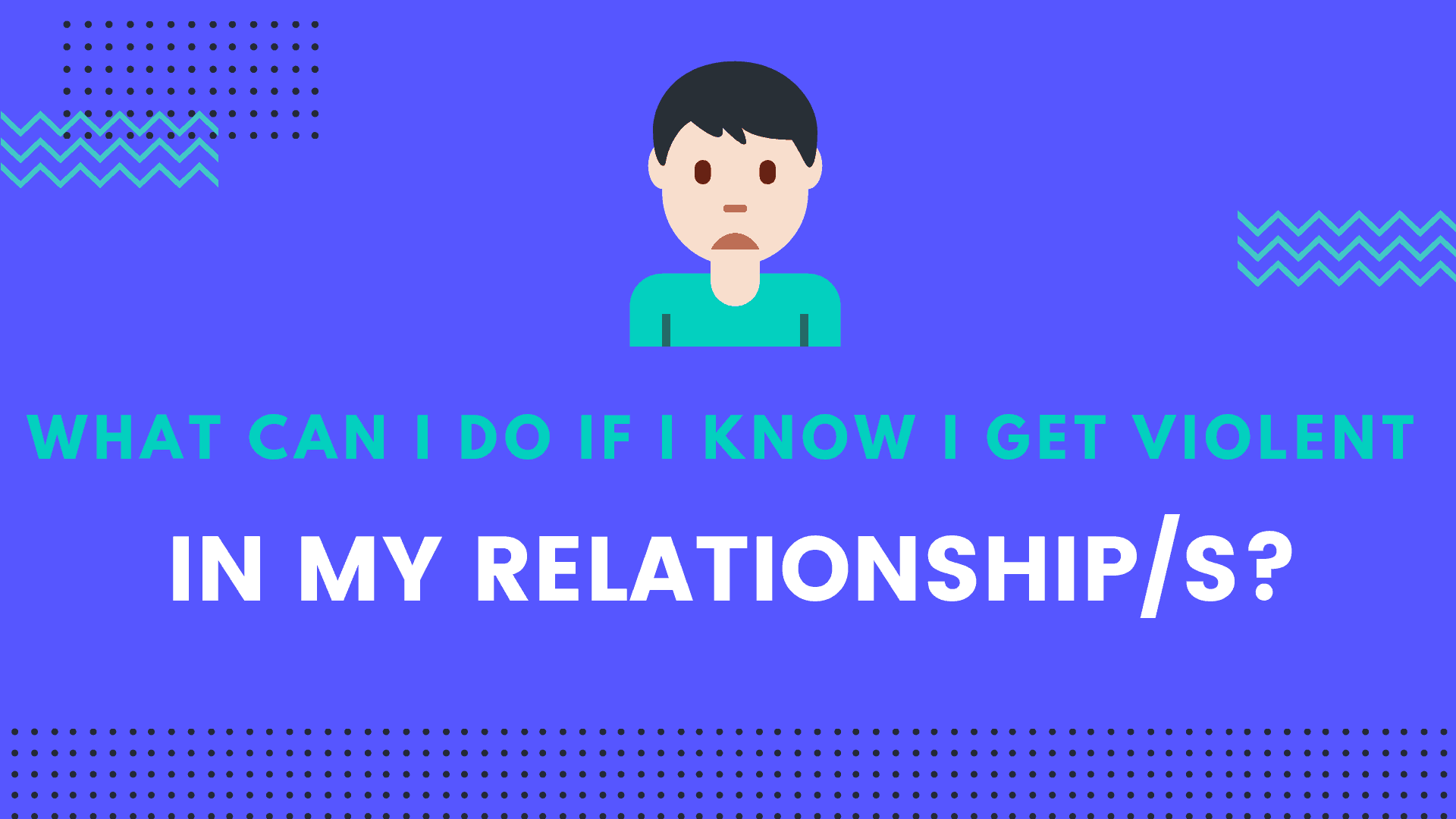
If you know that you have a history of violent behaviour or you get violent in the relationship then you can try to get help by calling Men’s referral service on 1300 766 491 Or visit No to Violence website for more information.
You can also seek help from a professional counsellor for improving and changing your behaviour.
Last but not least some strategies
If you would like to improve the relationship and maybe work toward the better future. Here are some strategies that you might find useful to apply:
- Focus on equality – Earlier, we saw the power and control wheel and how it explains the behaviours or the signs of the domestic violence. If you would like to improve the relationship, then you should look at the table below and understand how to be nonviolent in a relationship
- Stop think and Focus – Some councillors have suggested this 3-step strategy that lots of people have said worked for them.
Stop – Before you take any action, stop.
Think – Take some time out, walk away for a moment, take 5 deep breaths and drink a glass of water.
Focus – Is this what I really want to do to my partner or spouse? What example I am setting for myself and my partner/spouse? What good my violent actions bring to our relationship?
- Undertake behaviour change course – There are courses that are available for changing your behaviour toward your partner/spouse (especially focused on Men) that can be undertaken at your own will.


If you need more help or support, you can contact the following organisations:
1800RESPECT
1800 737 732
24-hour national sexual assault, family and domestic violence counselling line for any Australian who has experienced, or is at risk of, family and domestic violence and/or sexual assault.
Lifeline
13 11 14
Lifeline has a national number who can help put you in contact with a crisis service in your State.
Anyone across Australia experiencing a personal crisis or thinking about suicide can call 13 11 14.
Men’s Referral Service
1300 766 491
This service from No to Violence offers assistance, information and counselling to help men who use family violence.
Mensline Australia
1300 789 978
Supports men and boys who are dealing with family and relationship difficulties. 24/7 telephone and online support an information service for Australian men.
Call 1300 789 978 for help.
Kids Help Line
1800 551 800
Free, private and confidential, telephone and online counselling service specifically for young people aged between 5 and 25 in Australia.
Relationships Australia
1300 364 277
Support groups and counselling on relationships, and for abusive and abused partners.
Suicide Call Back Service
1300 659 467
Free counselling 24/7, whether you’re feeling suicidal, are worried about someone else, or have lost someone to suicide.
Australian Childhood Foundation
1800 176 453/ 03 9874 3922
Counselling for children and young people affected by abuse.
Blue Knot Foundation
1300 657 380
Telephone counselling for adult survivors of childhood trauma, their friends, family and the health care professionals who support them.
National Disability Abuse and Neglect Hotline
1800 880 052
An Australia-wide telephone hotline for reporting abuse and neglect of people with disability.
Bursting the Bubble
What’s OK at Home?
This website for young people has been developed by the Domestic Violence Resource Centre Victoria. It has been designed to help people understand what family violence is, why it happens, how to recognise it and how to help others who are experiencing it.
Daisy
Smartphone support services app
Daisy is an app developed to connect people experiencing violence or abuse to services in their local area. The app includes safety features to help protect your privacy. However, domestic violence service apps are only recommended to those who have safe and secure access to their phone.
